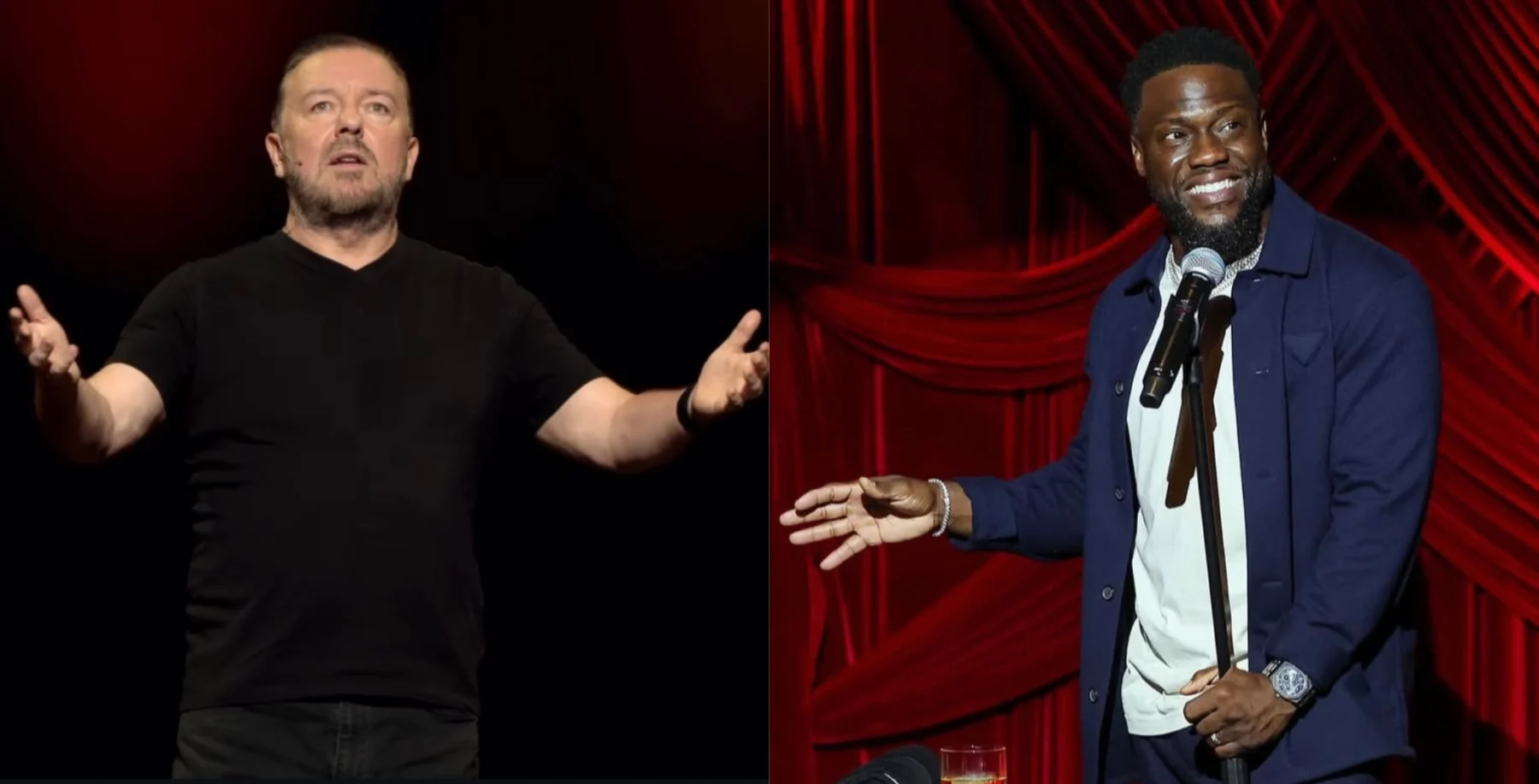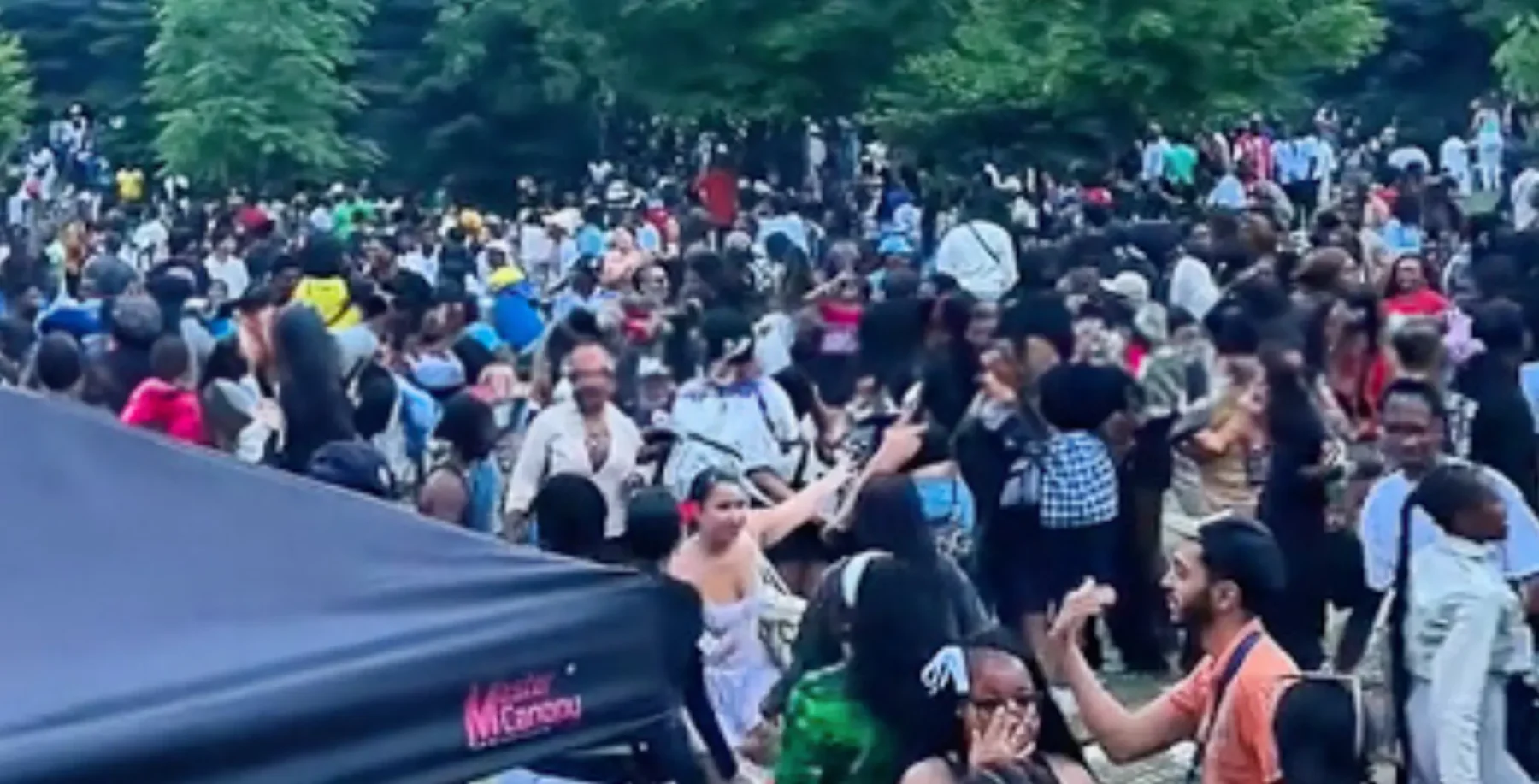
For someone who’s been in politics for as long as he has, John Tory can be a little thin-skinned on occasion. Perhaps it comes from all those unrealized great expectations people had for him when he was PC leader. Long story.
He’s been more self-assured since his election as mayor of Canada’s most important city in 2014 – except for when it comes to one issue: Toronto’s crisis of homelessness.
On that file, things have gotten testy – and personal – with anti-poverty activists. For example, when I ask longtime street nurse Cathy Crowe what question I should ask Tory, she writes in an email: “Ask him how much longer he’s going to rely on scummy motels to shelter homeless families.”
The situation is a little like another that’s stuck in Tory’s craw – namely, his relationship with certain segments of Toronto’s Black communities, and, in particular, Black Lives Matter – Toronto.
The mayor’s relationship with the Ontario Coalition Against Poverty has been similarly strained. They’ve camped outside his condo building. They’ve crashed city hall meetings. They’ve left turf on the carpet outside his city hall office to make the point he’s not working fast enough to build affordable housing. Worse still, they’ve blamed Tory for the deaths of homeless people. There have been enough of those in recent years that we’ve run out of space on Toronto’s homeless memorial.
To be sure, homelessness has never seemed to be more visible, thanks to years of austerity (some of which predates Tory) that have led to overflowing shelters and more people being forced onto the street. The problem is not just confined to skid row anymore. It’s touching every part of the city. Walk down any street in the financial district, or Yorkville, even as far as Toronto’s inner suburbs, and you’ll come across people living in tents.
There have been sharp criticisms of Tory’s efforts – or lack thereof – on the homelessness front. The waitlist for families to get into shelters is getting longer. Four years after drop-ins at Sistering and Fred Victor began accommodating women overnight on mats and in chairs, there are still not enough shelter beds for women. And a year after encampments went up under the Gardiner, it doesn’t look like the situation is getting any better.
Tory is not making apologies. During a wide-ranging interview last week, the mayor defended his record on homelessness. But it’s also clear that the issue has hit a nerve.
“Some of the people that are here protesting regularly do much less advocacy up the street at Queen’s Park where it’s needed,” he says.
Tory says he feels “very alone in talking about this because I don’t hear many people talking about the fundamental and essential role of both other levels of government, but especially the provincial government, in addressing the issues we’re talking about.”
That reaction might elicit guffaws from his critics. But it’s true that the behemoth sitting in the premier’s chair at Queen’s Park has control over many of the levers around housing and public health that directly affect homelessness.
It’s also true that Tory’s record on homelessness hasn’t been a complete wash. Some $1.3 billion has been committed by the feds to repair social housing, and Tory is not shy about taking some credit for his advocacy – “I don’t want to sound arrogant,” he says – playing a part in that.
Tory points out that the city is spending more under his watch than his predecessors on combatting homelessness. Some 2,200 spaces have been added to the city’s shelter system since his election. Some might consider that more of a failure than success. The contradiction is not lost on Tory.
“On the one hand, I’m proud of that,” he says. “We recognized there was a need. We stepped up and we recognized our responsibility, knowing that it’s a temporary solution.”
But “it isn’t just a matter of expanding the shelter system. It is a matter of addressing supportive housing and affordable housing issues.”
And there’s the quandary. There’s only so much the city can do, Tory says, while it waits for other levels of government to commit to building supportive and affordable housing. For him, it’s a housing supply issue and one that “cities across Canada are grappling with. There’s no quick fix,” he says.
Anti-poverty activists, on the other hand, argue that it’s more a question of priorities. And while other city departments are being forced to make do with less, the Toronto police department’s budget, for example, has eclipsed $1 billion. So has the cost of keeping up a two-kilometre stretch of the Gardiner that most people agree should be torn down.
The city has committed to building 600 supportive housing units this year, but that’s well short of the 1,800 target promised in its affordable housing plan.
The city’s reserves are pretty fat, too, thanks to the condo boom. So there should be no excuse when it comes to finding more money for much-needed social services. And Tory signals that may be forthcoming.
But if there’s one criticism Tory will accept, it’s that the city hasn’t been nimble enough when it comes to “thinking outside the box,” on short-term solutions like modular homes, which are being built in Vancouver.
“I’ll have something to say on that in the next couple of months,” he promises. There will also be more to report in the near future on city efforts to lease instead of selling Toronto Community Housing units to outside agencies to provide affordable housing.
“Those represent the kind of answers I’m putting my time into,” he says.
Here are some other answers Tory put time into during our interview:
On being portrayed as insensitive on the homelessness issue.
“There has probably been no mayor that has been out there more than I have been, visiting the shelters, and going out with street outreach teams to talk to the homeless about their circumstances and what we can do to be helpful to them. All of which I have done in many cases without a lot of press people with me. So the notion that I’m insensitive to it is not fair, but I’m not complaining about that. It just doesn’t hold any water.”
On his reluctance to declare a state of emergency on homelessness.
“I supported a motion a month or two ago that says the situation is an ongoing critical and emergency issue. If I thought that would speed up the kind of response that we need from the government of Ontario when it comes to supportive housing I would do it tomorrow morning from the roof of city hall. But the fact is it won’t. It betrays a fundamental understanding of the issue.”
On why homelessness appears to be getting worse, despite efforts to spend more to address the issue.
“I’ve been very consistent in not blaming, but the facts are we have seen a tremendous influx of refugees. I welcome them. I support the country’s refugee policy, however, the fact remains that today between 35 and 40 per cent of our entire expanded shelter capacity, is occupied by refugees, mainly families.
“We are also serving as a regional shelter system for people coming in from all over the GTA. We’re in the midst of collecting more data on that because it is not fair for Torontonians to bear the sole responsibility for people who are coming from around the region.”
On duty to assist laws as a tool to eradicate homelessness.
“We’ve been focused on increasing supply. I think it might stimulate us to a faster pace of action. But I’m not sure we can do any more than we’re trying to do just in terms of the capacity in the system. But I’m willing to look into it and see what the experience has been.”
On the city’s decision to clear homeless people from encampments.
“We handle it in quite a tentative way to allow for a bit of time to direct people to other kinds of housing and support. There are issues of public health. But the more prevalent reason is safety. Today, we’ve had fire in two tents underneath the Gardiner Expressway. We had a serious fire that caused great public damage on Sherbourne where the bridge [at Bloor] was then closed for two weeks. Nobody would argue that’s an answer to homelessness. I can’t accept that as just part of life in the big city.”
This interview has been edited and condensed.
@nowtoronto












